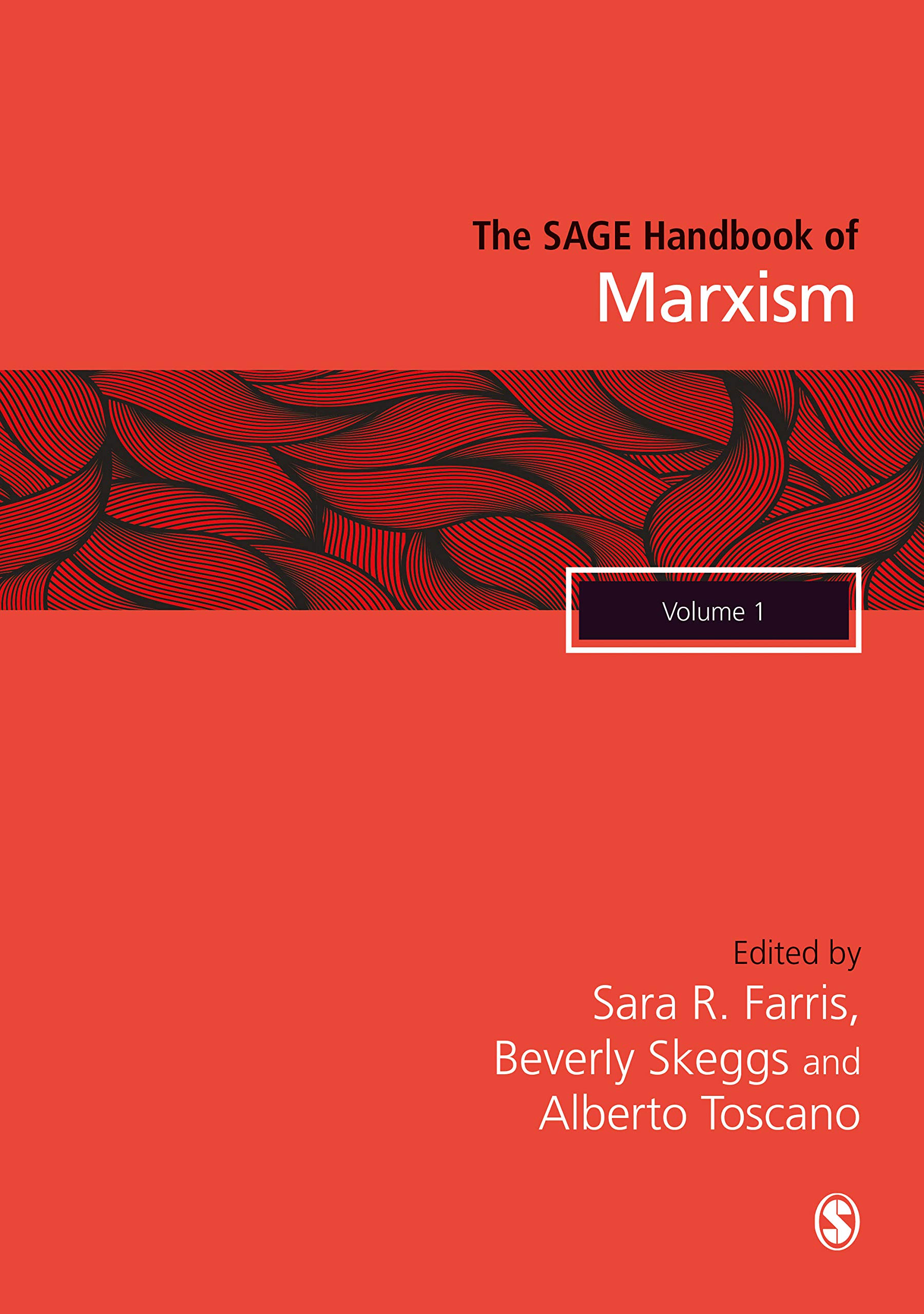The SAGE Handbook of Marxism intends to set the agenda for Marxist understandings of the present and for the future. It will provide an in-depth cartography of - and original contribution to - contemporary Marxist theory and research, showcasing the vitality and range of today's Marxisms.
The Handbook sets out from the premise that it is possible to bring together diverse work across the disciplines to demonstrate what is living and lively in Marxist thought, providing a trans-disciplinary 'state of the art' of Marxism, while inspiring contributions to areas of research that still remain, in some cases, embryonic. The aim is to demonstrate how attention to shifting social and cultural realities has compelled contemporary researchers to revisit and renovate classic Marxian concepts as well as to elaborate - in dialogue with other intellectual traditions - new frameworks for the analysis and critique of contemporary capitalism.
The past decade has witnessed a resurgent interest in Marxism within and without the academy. This renaissance of sorts cannot be framed however as a simple return of Marxism. The multiple crises of Marxism since the 1980s - in both political and academic life - have had lasting and in some cases irreversible effects for certain understandings of Marxist theory. Yet it is also true that theoretical approaches that largely defined themselves by contrast with Marxism - from postcolonial theory to deconstruction, from post-Marxism to certain varieties of feminism - have encountered serious limits when it comes to thinking the patterns of change and domination that define capitalism.
The SAGE Handbook of Marxism intends to advance the debate with essays that rigorously map and renew the concepts that have provided the groundwork and main currents for Marxist theory, and to showcase interventions that set the agenda for Marxist research in the 21st century.
The summary above and the book cover's image on the right are courtesy of SAGE Publications.
Publication Type
- Article



